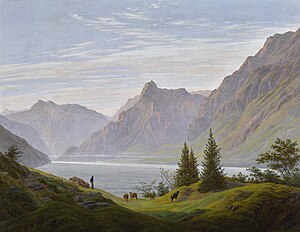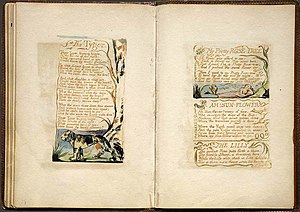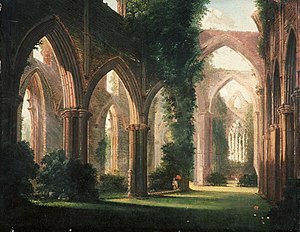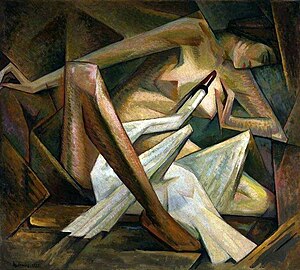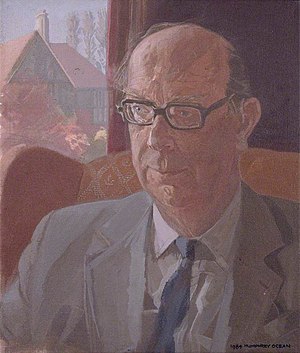TL;DR: This schedule is tentative and subject to change. This is a digital document; do not print. Students are responsible for getting updates. |
This schedule represents the ideal outline for our study this semester. Yet, like all best-laid plans, we may not be able to keep up with our agenda. Please be flexible and try to look and read ahead whenever possible.
We will do our best to stick by this schedule, but I will inform you verbally, via an email, and/or a literal change to the schedule below whenever there is a deviation. Getting these updates is solely your responsibility. Therefore, this schedule is tentative and subject to change contingent upon the needs of the students and the professor, and dictated by time and other constraints which may affect the course. For face-to-face classes, this schedule reflects only an overview of the assigned reading and other major course assignments. It may not indicate specific class session assignments or activities. Specific in-class assignments may not be reflected on the schedule.
Each week of this class has its own unit or lesson corresponding to a literary movement. Each week is divided into daily work that contain readings (with the occasional reading quiz) and writing. Each week concludes with a test on the materials covered. All assignments during the unit are due on the last Tuesday at 11:59 pm—the day check-ins are scheduled.
- 3/9 Class begins / Introduction
- 3/9–3/29 — Romanticism
- (3/21–3/27 — Spring Break)
- 3/30–4/5 — Victorianism
- (4/6 — Midterm grades due)
- (4/8 — Withdrawal date)
- 4/6–5/3 — The Twentieth Century
- 4/6–4/12 — Through WWI
- 4/13–4/19 — Modernism
- 4/20–4/27 — Postmodernism / Contemporary
- 5/3 — Short Lit Crit Response due
- 5/3 — Class ends
Daily Work
As this is a session course and time is limited, here’s how I recommend your proceed: work every day. Put aside at least an hour on every class day, and
- Read the primary texts (these are assigned below in individual class days) taking notes as you do, maybe highlighting passages that speak to you in some way. All selections are in the class textbook, but some are linked to annotated versions that will help with your reading and interpretation.
- Take the reading quiz on D2L if there is one assigned. This will be designated with a
 after the work of literature (sorry that D2L will not let me link these directly).
after the work of literature (sorry that D2L will not let me link these directly). - Read some secondary texts: i.e., do some research on at least one of the texts, being sure you understand the major themes, symbols, etc.
- Respond on
r/LitWiki(click the to take you directly to a
to take you directly to a r/LitWikipost, or create your own if one does not exist)[1] on what you think about the text(s), supporting it with evidence from both the primary and secondary texts. I will often provide questions for potential responses, but your responses are really up to you—you needn’t respond to every single text, but it is a good idea to write daily on at least one text as you read. Remember: you must write a minimum of two posts per unit.[2] - Check-In at the end of each lesson on D2L. The last day of each unit is set aside for these evaluations.
The idea here is that you engage with the course materials in a consistent way. Not all of it will speak to you, and that’s fine. However, you must actively engage the materials and show that engagement in your weekly work.
Schedule
| Date | Assignment |
|---|---|
| 3/9 | Class Begins
|
| The Romantic Period | |
| 3/10 |
Introduction to Romanticism
|
| 3/11 | William Blake
Respond on r/LitWiki » William Blake (General). Or, if you want to respond to a particular poem, locate its thread, or if one has not already been created, feel free to start a new one.; e.g. Blake: “The Sick Rose” as the title of the thread.
|
| 3/14 | Samuel Taylor Coleridge |
| 3/15 | William Wordsworth Again, if you wish to respond to poems that do not have a corresponding Reddit thread on r/LitWiki, you are welcome to start one. This will also hold true on all assignments below.
|
| 3/16 | George Gordon, Lord Byron |
| 3/17 | Percy Bysshe Shelley |
| 3/18 | Elizabeth Barrett Browning Dorothy Wordsworth
|
| 3/28 | John Keats |
| 3/29 | Take the Romanticism Check-In on D2L ➭ |
| The Victorian Period | |
| 3/30 | Introduction to Victorian Literature |
| 3/31 | Alfred, Lord Tennyson Gerard Manley Hopkins
|
| 4/1 | Robert Browning Matthew Arnold Christina Rossetti |
| 4/4 | Oscar Wilde
|
| 4/5 | Take the Victorian Period Check-In on D2L ➭ |
| The Twentieth and Twentieth-First Centuries | |
| 4/6[5] | Introduction to the Twentieth and Twentieth-First Centuries
|
| 4/7 | Rudyard Kipling
|
| 4/8[7] | E. M. Forster
|
| 4/11 | Rupert Brooke Siegfried Sassoon Wilfred Owen
|
| 4/12 | Take the Edwardian/WWI Check-In on D2L ➭ |
| Modernism | |
| 4/13 | William Butler Yeats |
| 4/14 | T. S. Eliot |
| 4/15 | W. H. Auden Dylan Thomas |
| 4/18 | Virginia Woolf
|
| 4/19 | Take the Modernism Check-In on D2L ➭ |
| World War II / Postmodernism | |
| 4/20 | Philip Larkin Seamus Heany |
| 4/21 | Nadine Gordimer
|
| 4/22 | Katherine Mansfield
|
| 4/25 | Margaret Atwood
|
| 4/26 | Salman Rushdie
|
| 4/27 | Take the Postmodernism Check-In on D2L ➭ |
| 5/4 | Short Lit Crit Response due |
notes
- ↑ You must be a confirmed member of the r/LitWiki in order to create threads. See for directions.
- ↑ Please note: minimums will earn you the minimum passing grade.
- ↑ See D2L for an overview of the period.
- ↑ See D2L for an overview of the period.
- ↑ Midterm grades due.
- ↑ See D2L for an overview of the period.
- ↑ Withdrawal deadline.
| 🕒 03-1-2022 | 📆 Make an Appointment | 💬 Ask a Question | 📣 Leave Feedback |

